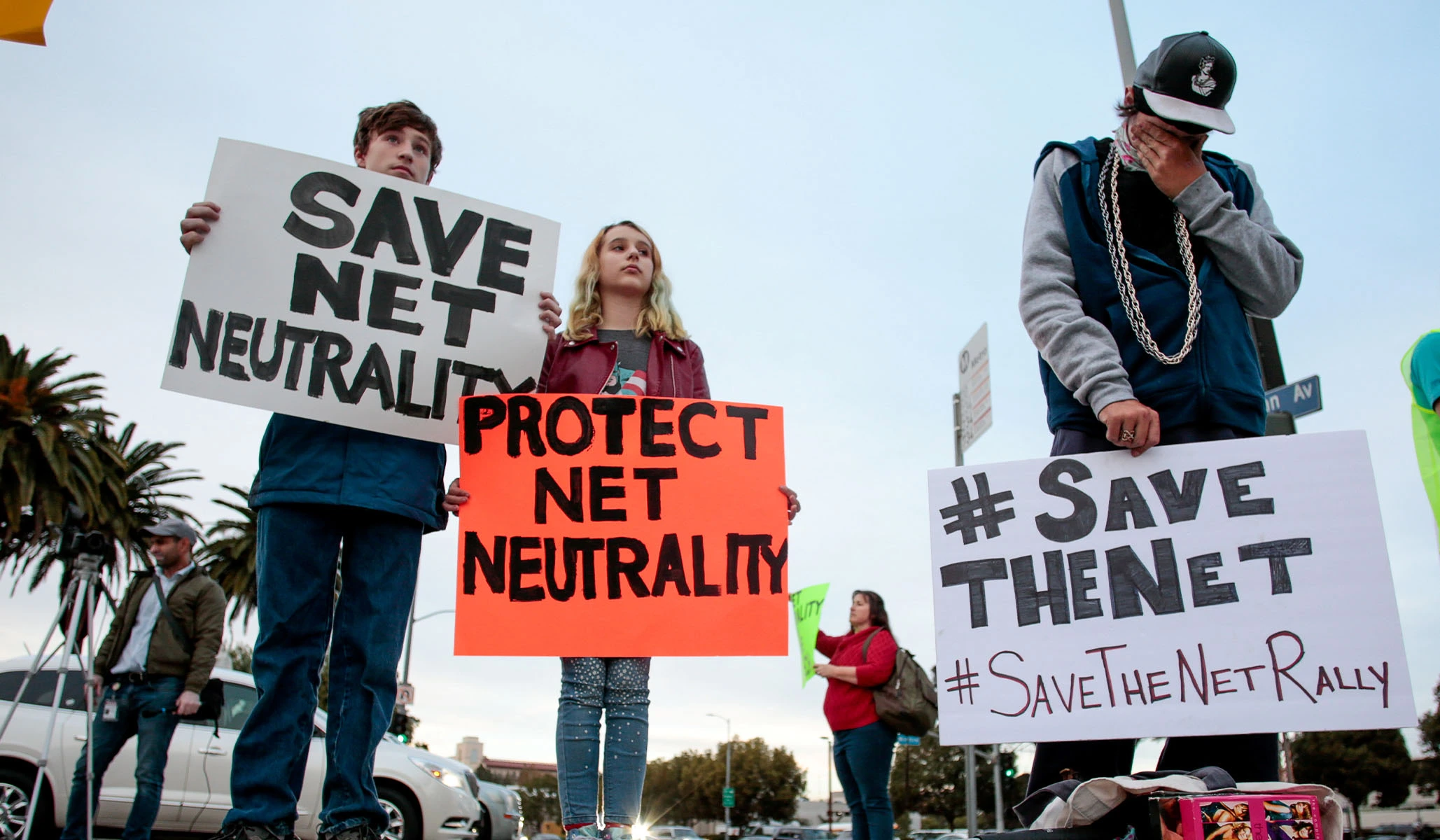Five years ago today, on June 11, 2018, the internet changed forever. The Federal Communications Commission (FCC) repealed net neutrality regulations, a move that sparked widespread concern and debate. But what exactly is net neutrality, and why was its repeal such a big deal?
Net neutrality refers to the principle that all internet traffic should be treated equally, without discrimination or preferential treatment by internet service providers (ISPs). It’s about ensuring that ISPs don’t limit or control the transmission of online content. However, the classification of broadband internet-access service by the FCC played a role in determining the level of regulation. Should it be classified as a heavily regulated “telecommunications service” or a lightly regulated “information service”?
In the early days of the commercial internet, the FCC adopted a hands-off, market-based approach to encourage private investment in network infrastructure. This approach, initiated by FCC chairman William Kennard during the Clinton administration, allowed the internet to thrive without excessive government intervention. The framework continued during the Bush and Obama administrations, leading to significant network investments and the development of innovative broadband applications and services.
However, in 2014, after the midterm elections, President Obama called for the FCC to regulate the internet as a utility. The FCC chairman at the time, under pressure from the White House, embraced a heavy-handed regulatory approach, which sparked criticism from those who believed the internet was already functioning well without regulation. Concerns were raised about the potential negative impact on investment in broadband infrastructure.
In 2017, with a new administration in power, the FCC, under the leadership of Chairman Ajit Pai, proposed to repeal the net neutrality regulations. After voting in favor of repeal in December 2017, the regulations officially ended on June 11, 2018.
The repeal of net neutrality was met with a flurry of hyperbolic predictions and doomsday scenarios. Critics claimed that it would be the end of the internet as we know it, leading to censorship, restricted access, and the erosion of democracy. However, five years later, a sober assessment reveals that these predictions were far from accurate.
In fact, the evidence shows that American consumers have benefited from stronger and more extensive broadband networks since the repeal. Independent measurement service Ookla reports that average fixed broadband speeds in the U.S. have increased by 287 percent since June 2018. Average mobile broadband speeds have seen an even more significant increase of 570 percent. Millions more Americans now have access to the internet, thanks to private investments in digital infrastructure.
Competition in the broadband market has also increased, providing consumers with more choices. Residential fiber deployment reached an all-time high, wireless companies are offering high-speed 5G fixed wireless service, and satellite-based broadband services are expanding coverage in rural areas. Cable companies are also upgrading their systems to deliver faster speeds.
The contrast between American broadband consumers and their European counterparts during the Covid-19 pandemic further demonstrates the benefits of the repeal. While Americans were able to rely on broadband networks for video calls and high-definition streaming, European authorities asked streaming services to reduce video quality to prevent strain on their networks. The strict net neutrality regulations in the European Union have limited investment in high-capacity broadband infrastructure.
It is worth noting that while net neutrality regulations were repealed, concerns about blocking or restricting access to politically disfavored content have emerged. However, these issues have arisen from actions taken by Big Tech companies rather than network operators. The very companies that lobbied for strict net neutrality regulations have engaged in content blocking and moderation, leading to calls for reforming or reinterpreting Section 230, which provides liability protection for these companies.
Five years after the repeal of net neutrality, the issue has largely faded from public discourse. The FCC’s decision has proven to be the right one, resulting in significant benefits for broadband consumers. The exaggerated rhetoric surrounding the repeal has been debunked, and those seeking reasons to be outraged have moved on to other issues. The internet as we know it continues to thrive, and consumers can tell their stories online without hindrance.

